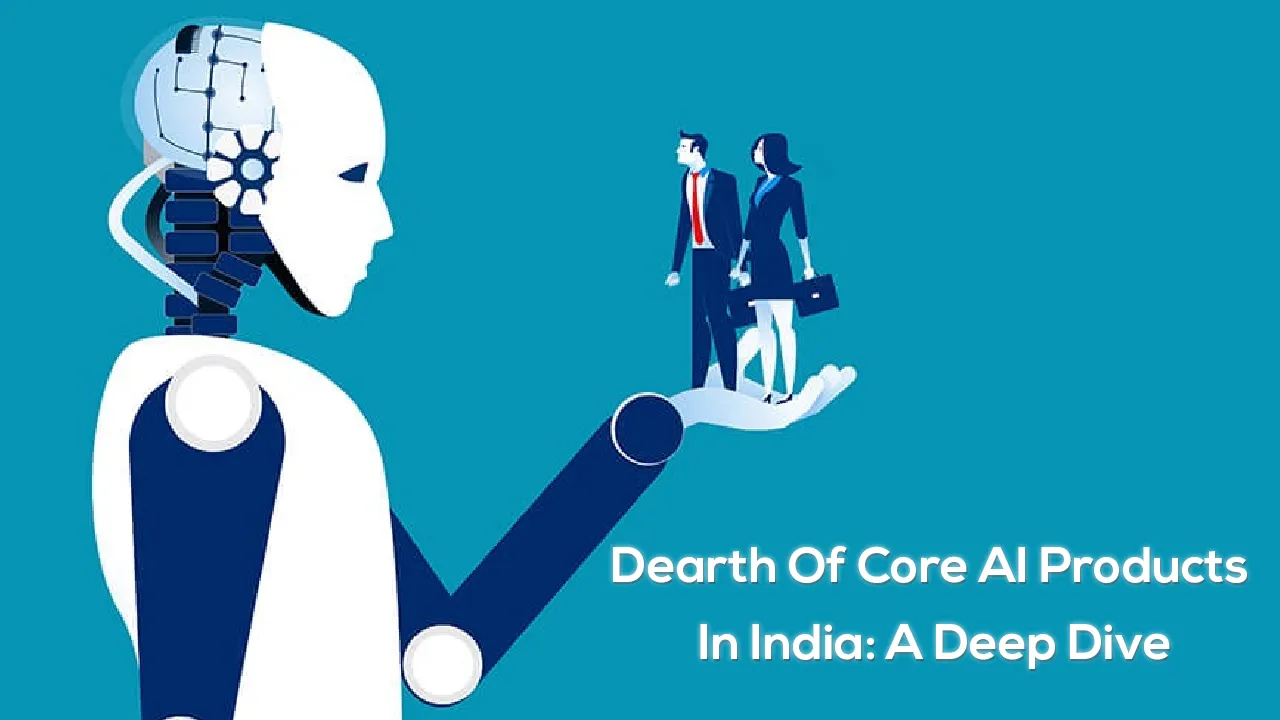India’s AI tech leaves something to be desired. Ironically, a sizable chunk of engineers working for tech companies like Google, Microsoft, Apple, Facebook and Amazon are Indians. According to Seattle Times, close to 70% of Indian H1B visa holders in the US work in the tech industry, from just under 40% in 2003.
The International Monetary Fund (IMF) has ranked India as the seventh-largest economy, down from the sixth position in 2020 and fifth in 2019. The relegation is chalked up to the pandemic crisis. Now, with the rising number of COVID-19 cases and deaths, India’s future looks bleak.
It is high time Indian companies and industry leaders started focusing on enhancing tech capabilities and developing core artificial intelligence (AI) products in India instead of relying on foreign firms.
Today, most tech companies have the money to acquire startups making strides in AI. Unfortunately, India does not have a tech giant, nor a billionaire agent provocateur like Elon Musk.
AI-focused API/coding platforms
As companies began developing digital applications for customers during the pandemic, the interest in application programming interface (API) and low-code, no-code technology platforms grew significantly. Today, such solutions are mainly offered by technology companies such as Microsoft, Amazon, Appian, Pega, OpenAI and Service Now.
In India, however, very few companies, including Infosys, HCL Technologies and Tech Mahindra, are working on low-code, no-code technology platforms. Indian companies can add value by developing state-of-the-art APIs and coding platforms that are easy to use and scalable.
According to Gartner, no-code or low code platforms will be responsible for over 65% of application development by 2024.
ML notebooks & infrastructure tools
For machine learning engineers and data scientists, notebooks have become an integral tool. Notebooks are highly interactive multi-purpose tools to write and execute code and analyse intermediate results to gain insights while working on a project. Notable tools include Jupyter Notebook, Kaggle Notebook, Colab, Gradient, Deepnote, Saturn Cloud, and Polynote. Unfortunately, there aren’t any machine learning notebooks from India.
Data labelling & datasets marketplace
With supervised learning being the most common form of machine learning technique used by companies today, there is a need for labelled or annotated data across images, audio, video and text formats across sectors, and companies developing data labelling tools and feature stores (open-source as well proprietary) becomes crucial for enterprises’ machine learning strategy.
Also, the data labelling service providers or datasets marketplace that caters to enterprises and government agencies for machine learning processes need to be unbiased and offer high-quality data.
According to Grandview Research, the global data labelling market is expected to touch $8.2 billion by 2028, from $1.3 billion in 2020. The market is expected to grow at a CAGR of 25.6% from 2021 to 2028.
#opinions #ai india latest tools #ai india products #ai
